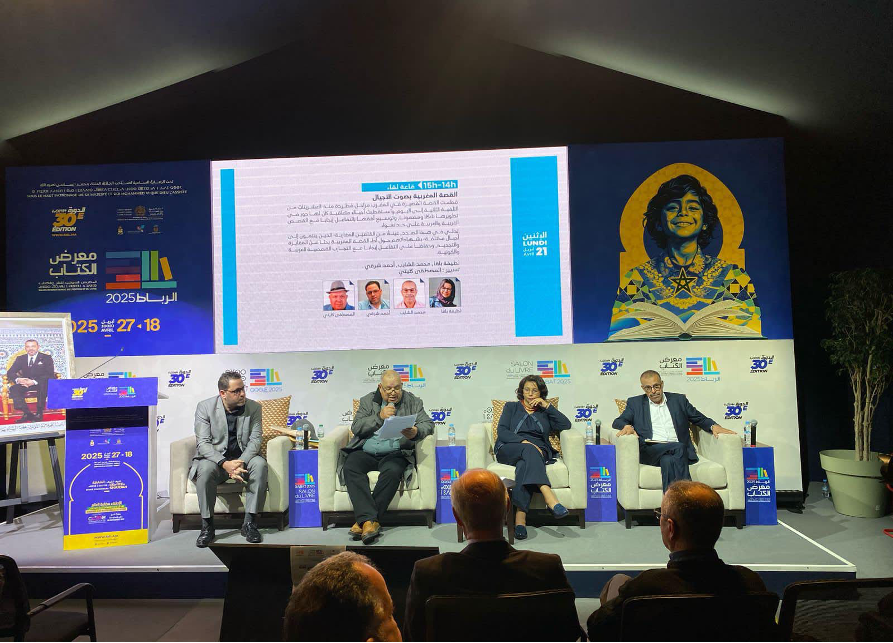
Moroccan Writers from different generations Reflect on the Evolution and Resilience of the Short Story Across Time

Moroccan Writers from different generations Reflect on the Evolution and Resilience of the Short Story Across Time

Moroccan Writers from different generations Reflect on the Evolution and Resilience of the Short Story Across Time
Within the halls of the Rabat International Book and Publishing Fair, the event "The Short Story in the Voice of Generations" brought together Moroccan short story writers from different eras to celebrate and critically examine the evolution of this compact yet powerful literary form. Hosted at the "Encounter Hall," the session was rich with reflections, memories, and intergenerational dialogue.
Mustapha Kelaiti opened the conversation by grounding the short story in Moroccan history, stating, “The national resistance called for the short story to be a form of resistance itself.” He highlighted how, in the post-colonial era, this genre became tightly linked to reality, reflecting the nation's struggles and aspirations. He cited iconic writers like Mohamed Choukri, Mohamed Zafzaf, Idriss El Khoury, and Mohamed Berrada as figures who shaped the literary landscape through the short story.
From a younger generation, Ahmed Charqi, a researcher at the Faculty of Letters and Human Sciences in Mohammedia and the youngest participant, noted the current challenges the short story faces: “The short story struggles to assert its presence, it’s often directed at amateurs.” He stressed the importance of engaging with theoretical works on the short story to deepen understanding and elevate its literary status.
Writer Latifa Baka, representing a generation that wrote in the aftermath of ideological literature, remarked: “In my generation, writing was driven by an obsession with aesthetics, we may have been the first to write beyond ideology.” She added that the younger generation is not a break from the past, but rather a continuation: “The current generation is more of an extension of us than of the one before us.”
Mohamed Chayeb, offered a poetic metaphor: “The short story is the child of literature. During the colonial era, when literature itself was struggling, the short story contributed by addressing themes of homeland and resistance.”
This small gathering goes beyond just a literacy discussion, it was a testament to the short story’s enduring power across generations. Whether as a form of resistance, a search for aesthetic expression, or a response to existential realities, the short story continues to evolve and survive. Through the voices of Moroccan writers, the genre was celebrated not only as a reflection of the past but also as a living, growing force in the present and future of Arabic literature.
